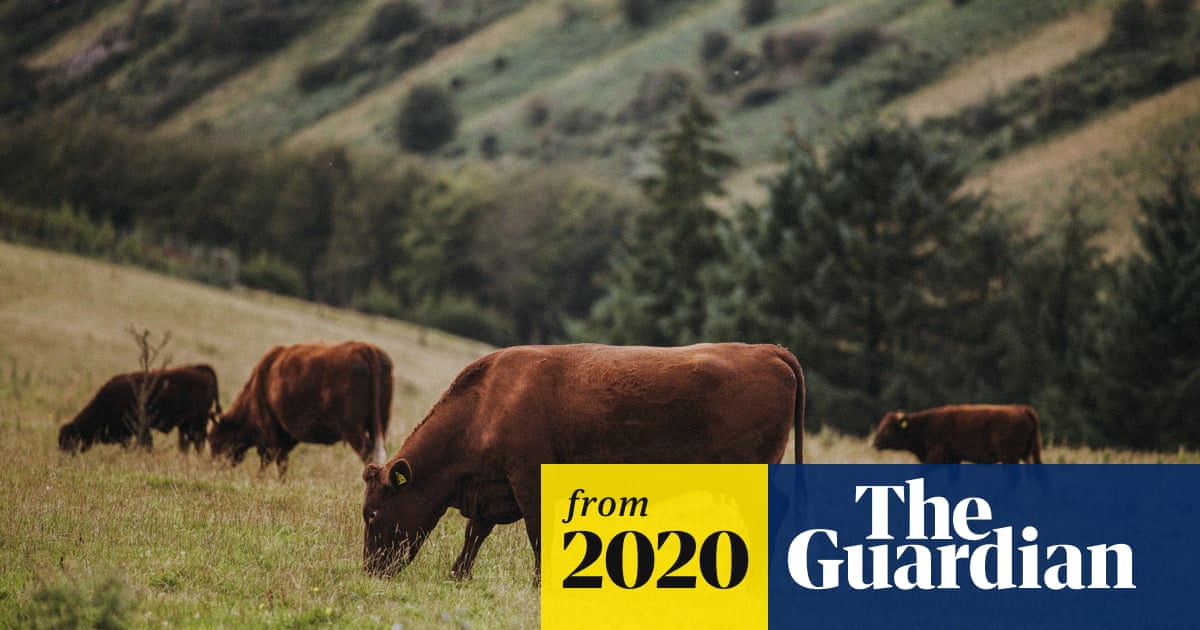- Joined
- Jun 20, 2020
- Messages
- 190
- Trophies
- 0
Conventional livestock’s emissions come from their manure and, for cows and sheep, by burping methane. The grain they are fed can also result in high emissions, especially if it is associated with deforestation, such as in South America.
Organic livestock are not fed imported fodder and are often grass-fed, but this means they produce less meat and grow more slowly, therefore spending longer emitting greenhouse gases before slaughter, the researchers said. Plants grown organically have half the climate costs of conventional produce as they do not rely on chemical fertilisers, but all plants have far lower emissions than animal products.
The researchers said the analysis showed an urgent need for policies, such as meat taxes, to ensure food prices reflect their true costs. This would be fairer, they said, as consumers eating climate-damaging diets would pay for their pollution, rather than the costs of increased storms, floods and droughts being spread across everyone in society as they are today. They said the revenues raised should be used to help poorer families manage price rises and to incentivise farmers to be more environmentally friendly.
“The climate damage costs for meat are especially startling if you compare them to the other categories,” said Pieper. “The price increases required are 10 times higher than for dairy products and 68 times higher than for plant-based products.”
“The big difference is the simple effect that when you have a field of plants and you eat them directly, then that’s the end of the [emissions], basically,” he said. “But for beef, for example, you need 42kg of feed to just produce 1kg of beef. This huge inefficiency explains the gap.”

Organic meat production just as bad for climate, study finds
Analysis also found the lowest impact meat was still far more damaging than the worst plant foods